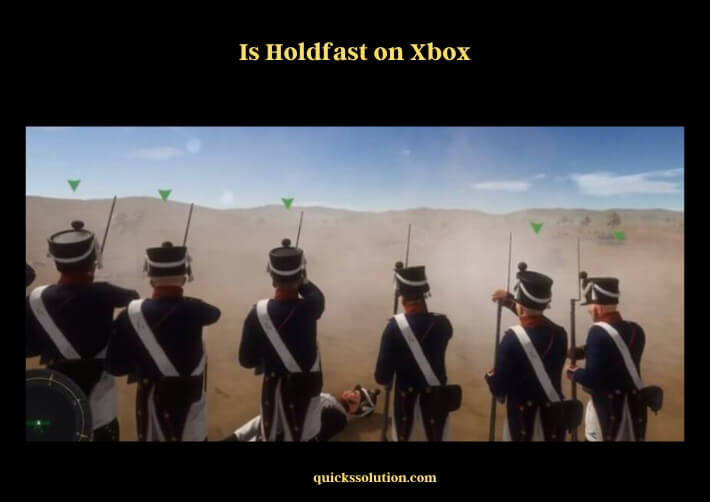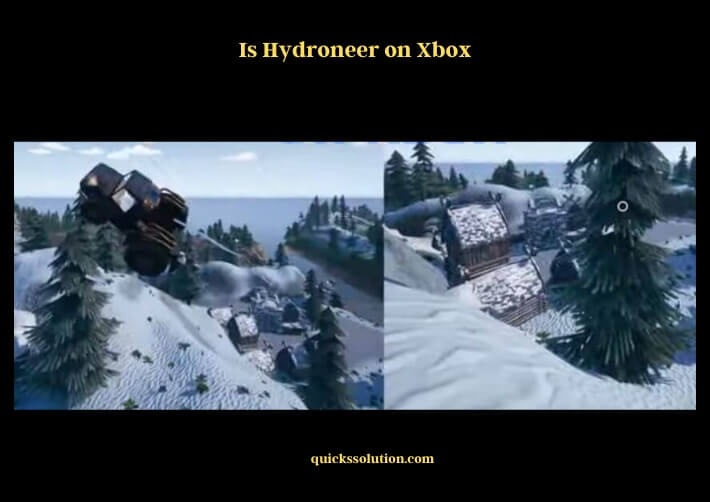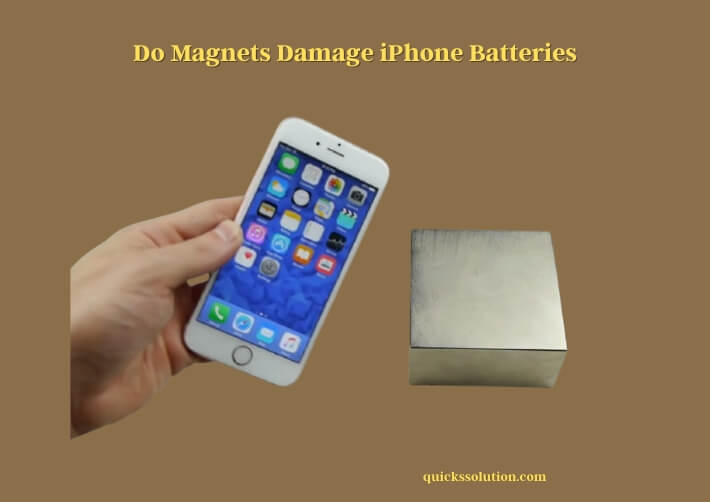Is Holdfast on Xbox (Nations at War Xbox One is Like Holdfast)

Holdfast: Nations At War is an online multiplayer first- and third-person shooter video game developed and published by Anvil Game Studios. The game was released for Microsoft Windows in August 2018, and for Xbox One in September 2018. Holdfast is…











